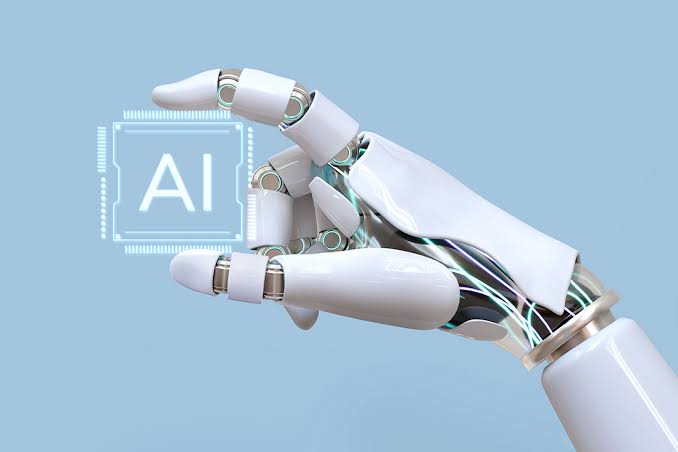
AI Integration in Philippine Courts Sparks Job Security Concerns
With the planned integration of artificial intelligence (AI) into court processes, the Philippines’ legal system is bracing for a seismic shift. However, the move is accompanied by concerns for employees’ job security.
Alexander Gesmundo, chief justice of the Supreme Court, disclosed the nation’s AI plans, noting that AI integration will increase the legal system’s efficiency and productivity.
Gesmundo presented his arguments during a meeting of interested parties to discuss the Strategic Plan for Judicial Innovations 2022–2027.
Gesmundo stated in his speech that the public will use self-service AI kiosks to inquire about court processes and procedures and receive answers to their questions.
Text-to-speech tools to record witness testimony and other methods are anticipated to be implemented by AI in courtrooms.
However, some are concerned that implementing AI in Filipino courts could lead to eliminating jobs in the legal system. Customer service representatives and stenographers face the greatest threat of AI replacement, although Gesmundo claims the integration will not affect employment.
Gesmundo stated that court employees are the backbone of our judicial system. The text-to-voice AI will not replace our stenographers, but it will make them more efficient and trustworthy.
Gesmundo stated that court employees would receive additional training to equip them with new digital skill sets. He cited the historical role of automation and new technologies in creating new jobs to assert that AI will also create new jobs.
“The experience of developing nations has demonstrated that technological advances can help improve institutional reforms and increase their effects,” Gesmundo stated.
Multiple sectors in the Philippines have been experimenting with AI and other emerging technologies. The Justice Department announced a plan to employ this technology to combat human trafficking at airports nationwide.
To ensure the safe application of AI technology, the University of the Philippines has announced the commencement of research to investigate a workable regulatory framework.
Despite the Department of Trade and Industry’s (DTI) efforts to secure funding for the establishment of an AI research center, the proposal has been rejected twice by the Senate.
With the widespread adoption of generative AI systems in the workplace, opinions on the future of work are divided. One demographic argues that there is no reason to be alarmed because AI will not replace employees but increase workplace productivity.
According to a report by IBM, up to 40% of workers will require additional training to remain competitive, affecting up to 2 billion people. 70% of U.S. CEOs have designated generative AI as an investment priority, indicating an increase in the integration of AI tools or investment in employee skills.





